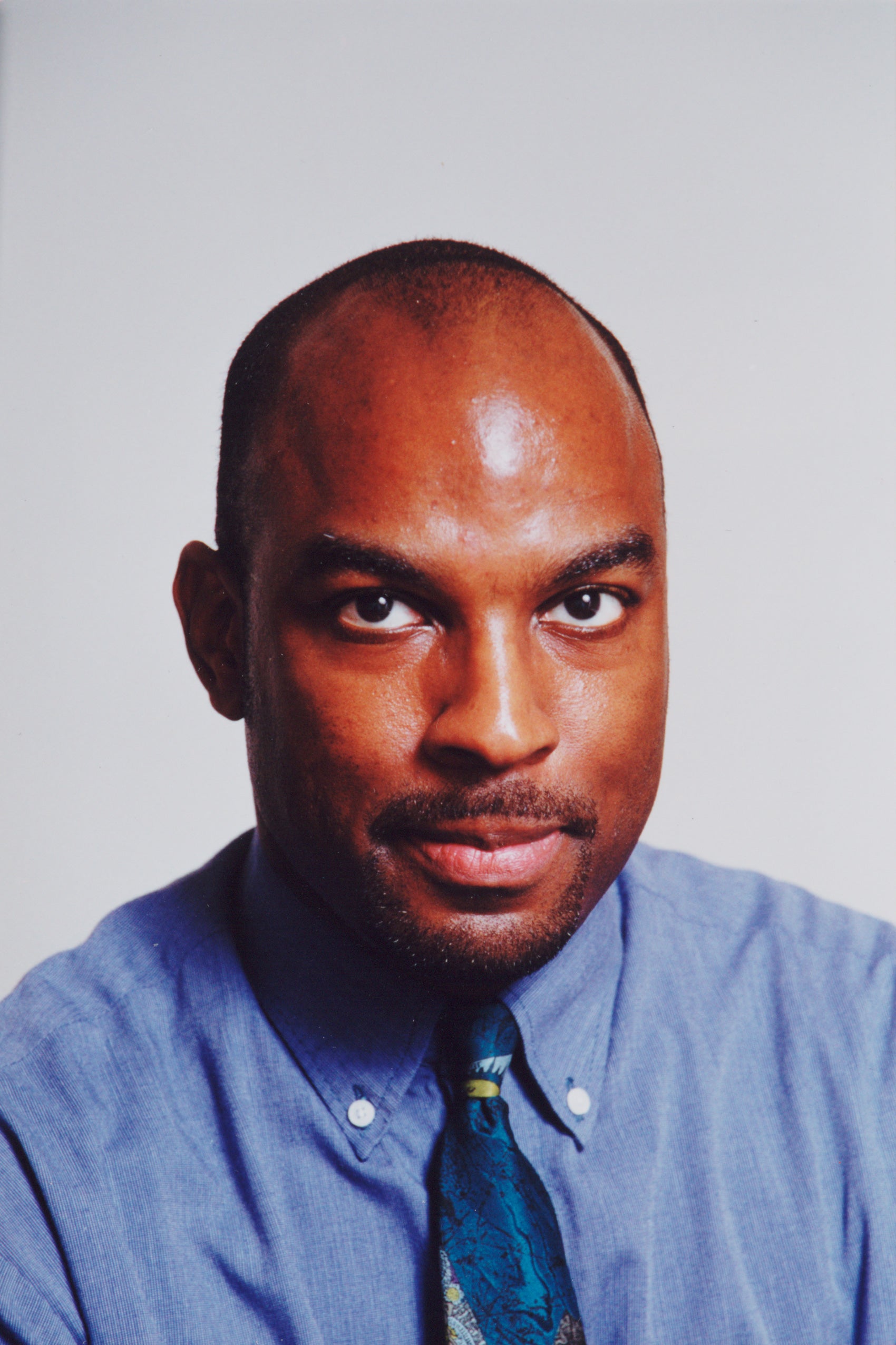“The Roots of Clarence Thomas’ Black Burden,” an op-ed written by Harvard Law School Professor Kenneth Mack ’91, appeared on April 6 in The Root.
Mack specializes in American legal and constitutional history, civil rights history, and race and the law. He is the author of the forthcoming book “Representing a Race: The Creation of the Civil Rights Lawyer” (Harvard University Press) and editor of the forthcoming collection “The New Black: What has Changed—And What Has Not—With Race In America” (with Guy-Uriel Charles, The New Press).
Mack has taught at Harvard Law School since 2000, and became professor of law in 2006.
The Roots of Clarence Thomas’ Black Burden
The justice was given the difficult task of representing his race, a challenge created 50 years ago.
By Kenneth Mack
The oral argument over President Obama’s health care law and the Supreme Court’s decision to revisit its 2003 ruling upholding race-conscious university admissions have focused attention on Chief Justice John Roberts, Justice Anthony Kennedy and their willingness to disturb apparently well-settled precedents. But just as assuredly, both cases will shine a spotlight on another justice whose position on both issues seems clear: Clarence Thomas. If Justice Thomas votes, as expected, to invalidate the health care law and to strike down race-conscious university admissions, many of his fellow African Americans will condemn him — as they have in the past — for failing to represent them in an institution where they traditionally have had no voice.
Most black Americans remain strong supporters of President Obama, as well as of affirmative action in higher education. Yet Thomas, in his own way, embraces the role of representative of his race that his fellow black Americans have thrust upon him. He has embellished his judicial opinions with citations from historical black thinkers such as Frederick Douglass and has publicly confessed that it is black criticism that perhaps wounds him most deeply. The dynamics that gave rise to Thomas’ particular dilemma were set in motion 50 years ago this spring, when the first black justice seemed poised to join the court.
